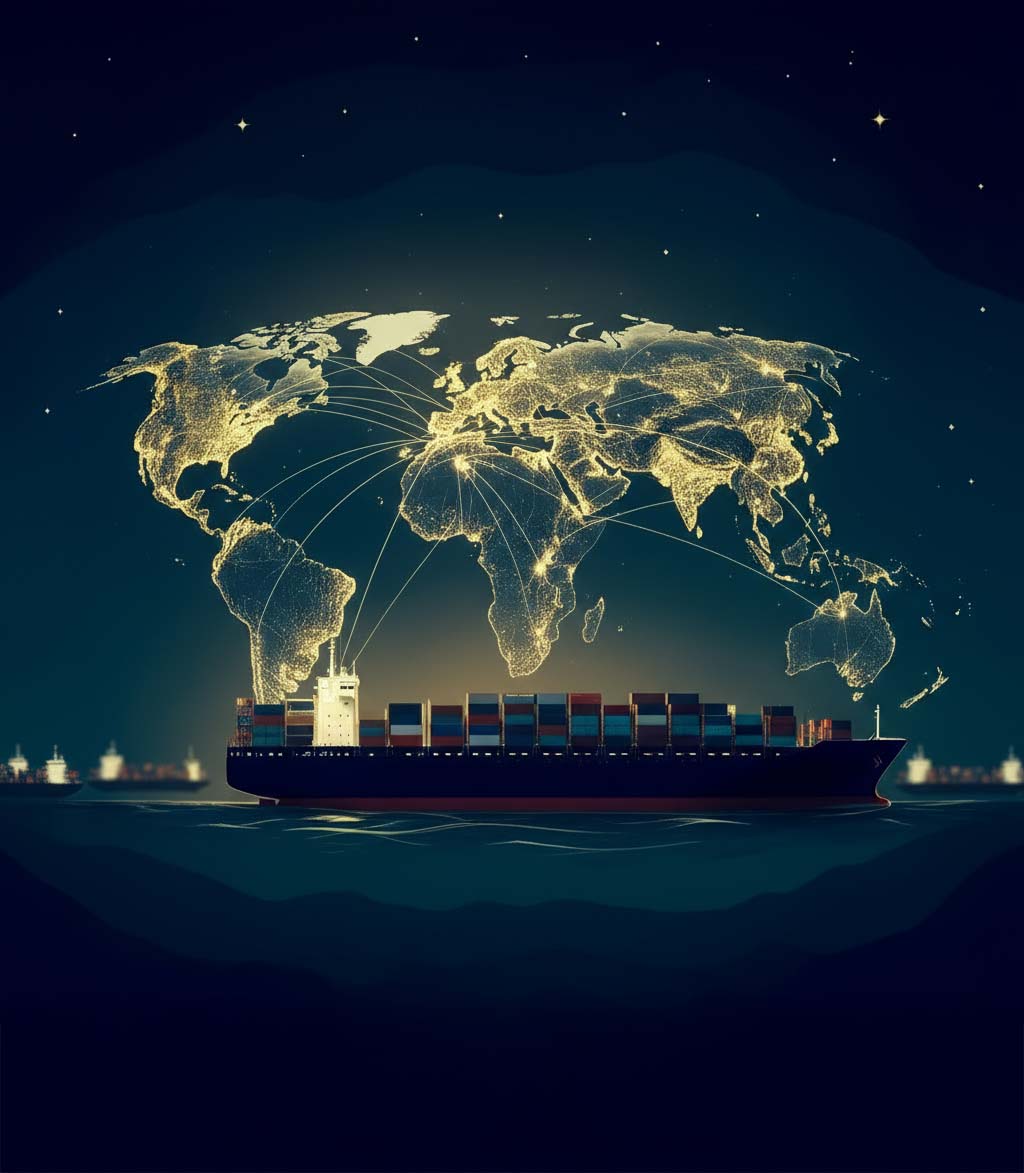3 Takeaways on Supply Chain Resiliency From Industry Experts
Catalant recently hosted a LiveCast on how to achieve supply chain resiliency during ongoing disruption with industry expert consultants on the Catalant platform, Kara Yokley and Ben Grant.
The Experts covered why global supply chains have failed to the extent they have in recent years, the misconceptions around lean supply chain management, why an agile way of thinking combined with new technology improves resiliency, and how highly-skilled independent talent can help execute strategic work.
Here are three main takeaways from their discussion.
1. Supply chain disruption cannot be blamed on one thing or event.
In the past, lean and just-in-time models were the status quo when it came to supply chain strategy. But as supply chains have continued to break over recent years, those models have quickly become the scapegoat for businesses and entire industries trying to explain their brittleness.
As Kara and Ben explained, goals around lean supply chains along with a focus on cost reduction aren’t necessarily wrong — they’re just ineffective in today’s landscape. Rather than blaming disruption on these models, organizations and their leadership teams should reevaluate the structure of the supply chains they rely on, pivot away from lean and cost-effective models, and refocus on resiliency.
2. There needs to be a shift in mindset around supply chain management.
As Ben explained, “Resilience is not one size fits all” which is why there needs to be a mindset shift towards agile and adaptive supply chain solutions, especially as markets and landscapes continue to evolve. To drive understanding and alignment across the entire organization, this mindset shift needs to start among leadership.
This top-down prioritization will help your organization bring on more employees who can think in supply chain terms and help you handle relevant tactical challenges without becoming overextended. It will also allow you to speak to the motivations of all players in the system, which is key to a company-wide mindset shift, according to Kara.
3. Supply Chain and Operations must be part of an enterprise’s overall corporate strategy.
In addition to a top-down mindset shift, Supply Chain and Operations must be incorporated into the organization’s overall corporate strategy to achieve resiliency. Kara and Ben recommend thinking about Supply Chain and Operations as a continuum — collaborative relationships that are both up and downstream make room for more openness and coordination across the business.
This also allows for cross-team discussions around the tool and technology that are necessary to create resilient solutions. As a result, supply chains will be robust enough to survive if a “node in the network gets knocked down,” or if we endure more historic global events such as COVID-19 and the Russia-Ukraine War.
Ready to watch the supply chain LiveCast recording?
Watch NowRelated Articles
Share Article











